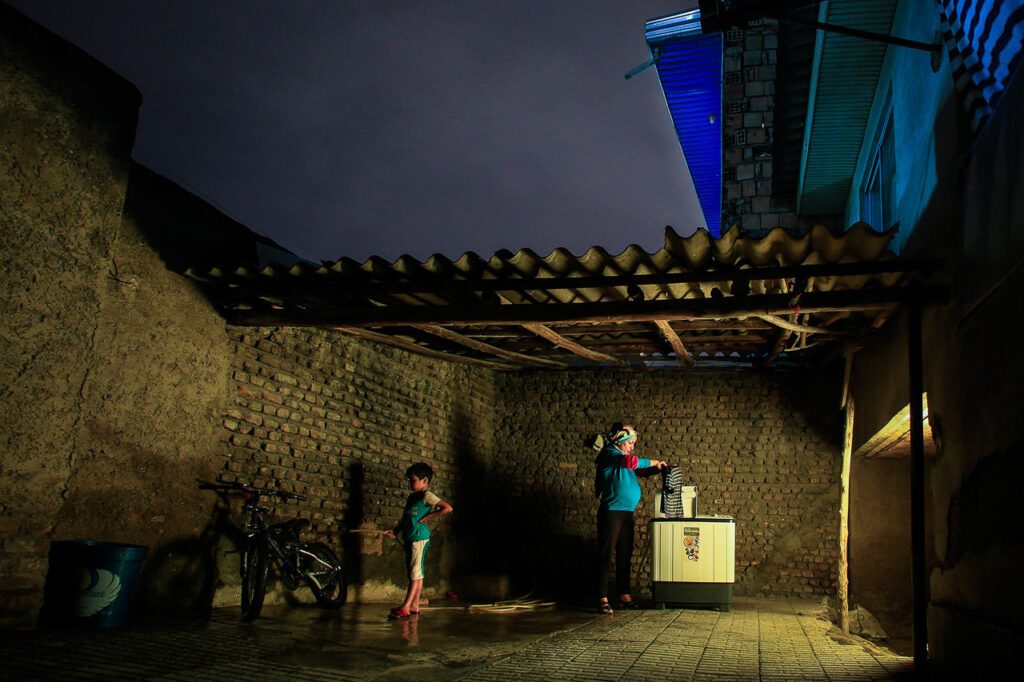
Fotoplatjadaro | Educando la mirada
International photography contest for photographers of all levels.
The creativity and expressive capacity of the projects will be especially valued.
A total of €5,250 in prizes, distributed among 5 winning projects.
Among the 397 authors and almost 500 high-level photographic projects, from 44 countries, we present the 5 winners of the “ Educating the Eye ” 2018 contest, Congratulations!
Al Lapkovski (Riga, Latvia) is a 36-year-old photographer who has been experimenting in photography since 2003 with the aim of creating works that visualize the subconscious and the power of the imagination.
In the work Disconnecting Connection he reflects on how we disconnect from reality, become “global” and we can be “communicating” with someone we don’t know thousands of kilometers away, while ignoring close and real people.
Pranab Basak (Calcutta, India) is a 47-year-old photographer who presents us a work that delves into the concept of: “children are always unreadable, thoughts are unpredictable”.
The work Untold Dreams (Untold Dreams) shows us, in his words: “Dreams of black and white faces, lights and shadows of childhood, indescribable stories of emotions… small moments of expression.”
Md Rafayat Khan (Sylhet, Bangladesh) is a 35-year-old photographer, a botanist by profession and a photographer by vocation. He collaborates with Demotix UK and Zuma Press on news reporting and documentary photography. In his photographic work, he explores human relationships, everyday life, and the interconnectedness of different cultures.
In the work Water – The womb of nature for Khan “Water is the playground of Mother Earth in which children can expose their love, emotion and expressions. Water gives children an exuberant representation of joy and a burst of energy. It symbolizes life as the most precious gift of nature”.
’10 Auris’ (Sant Feliu de Guíxols) is a group of friends who are fond of photography and members of the Agrupació Fotogràfica i Cinematogràfica Guíxols, with concerns about the history of our country and with a special sensitivity to the life stories of our elderly.
The work “Les nenes de la guerra” (the girls of the war) is a tribute to the women who during the Spanish Civil War had to fight alone to raise the children, feed the family and survive with the little they had. In many cases, the husbands, fathers or sons were fighting on the front lines, were prisoners or were in hiding, whether on one side or the other.